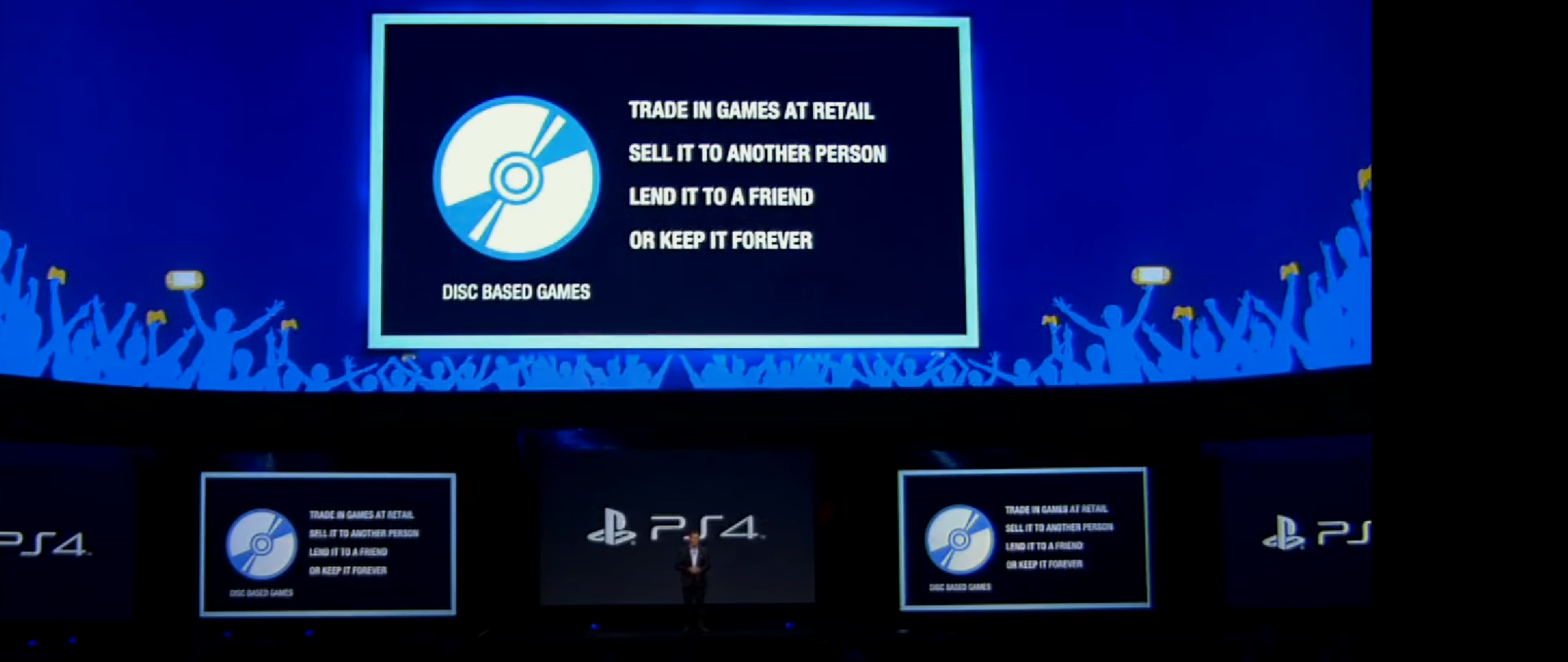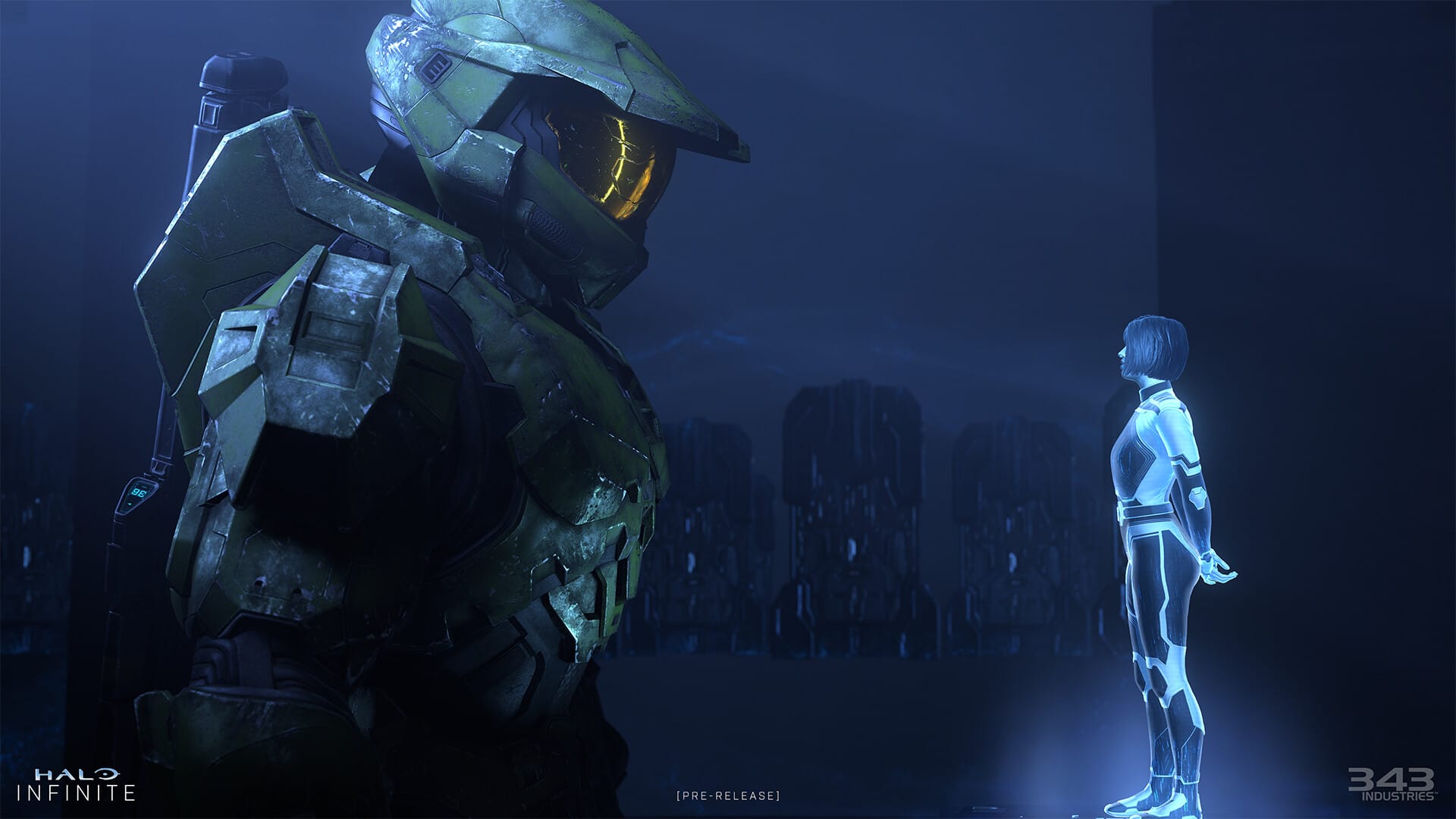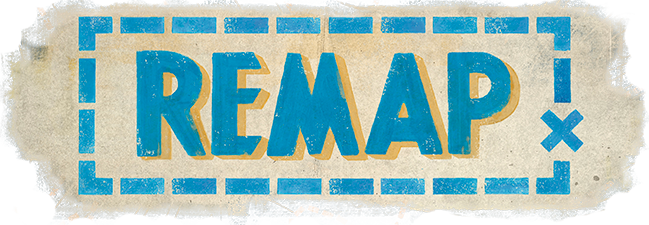As we write this, we still don’t know exactly what Microsoft is going to reveal about its plans for the future next week. However, the last week has seen a lot of credibly sourced reports that the console-maker intends to launch its 2023 flagship release, Starfield, on PlayStation 5—as well as bring the upcoming Indiana Jones and the Great Circle to Sony’s platform as well.
Assuming this is true, it marks a major shift in how Xbox has historically promoted its consoles. While Xbox has been transforming its business model since the advent of the GamePass subscription service in 2017, and has increasingly treated the Windows PC as another Xbox platform, it has never brought its exclusive games to its hardware rival. Whether this change in approach therefore signals a shift away from the Xbox console itself remains to be seen.
Whatever we ultimately learn, it seems likely that the future of Xbox and Microsoft’s strategy in video games is going to be profoundly different than what it has been since the launch of original Xbox in 2001. So Patrick and Rob spent a couple days trying to figure out how we got here, and where we might be going.
Rob: Eleven years ago I covered my first E3.
I had no idea what I was doing, and then I was left to make my own travel arrangements on a tiny budget. I picked one of the cheapest hotels I could find in LA and booked a 6 a.m. flight so there’d at least be a little money for cabs and food. I was so nervous about making that flight that I forgot to pack clothes and took off with a suitcase with socks, underwear, and a toothbrush rolling around inside. I spent the whole week wearing the few clothes in my size I was able to find at a Target down the freeway from my hotel: the late, unmourned Hacienda.
A review for the Hacienda details the following features and amenities: “In the middle of the night, there's a guy screaming so, so loud across from the next tower of the hotel. It sounded as if he's screaming for help. After his scream, he then runs toward our hotel tower and runs by the hallway of my room. OMG, my kids can't even fall asleep. They were also freaked out like me and scared. They asked me: ‘Do we need to call police?’ Someone screaming—like loud!—and none of the hotel employees check at all. I stayed on 2nd floor. Then the noises from the outside of the my patio door start non-stop, as if someone is trying to break into my room.”
It was six blocks south of LAX, meaning it was $150 per cab ride to the convention center at rush hour, which basically meant I marooned out there for the most important E3 of my career. So I watched the PlayStation 4 reveal on glitchy hotel Wi-Fi, straining to hear it over the rattling buzz of the air conditioner and the gravelly hiss of traffic outside my room.
I already knew that Microsoft’s huge reveal of the Xbox One a couple weeks earlier had not gone well. But as Sony CEO Jack Tretton stood on stage explaining how, “When a gamer buys a PS4 disc, they have the rights to use that copy of the game” to escalating cheers and growing chants of “SONY SONY SONY,” I realized that, at the very least, I had not fucked up as badly as Xbox.

Patrick: Hey Rob, are you okay? [turns back to keyboard]
While at Waypoint, I was tasked one year with interviewing Phil Spencer after one of Microsoft’s big E3 press conferences. It was only a 15-minute interview, but 15 minutes with Phil is breezy, and he’s just as charming and easy to chat with when the cameras are off. While we were waiting for microphones and other tech to get set up, he turned to me and said something to the effect of “you know, we’re working on finally getting you to stop putting an Xbox controller in your kid’s mouth.”
This was a reference to a joking tweet I’d sent, where my toddler (who is now, shockingly, seven years old!) was found chewing on an Xbox One controller. I had no idea he’d seen it, and apparently, so had Xbox executive Aaron Greenberg. Whoops. The stinging part of the tweet was that I didn’t care...because I didn’t turn on my Xbox One all that much. He was extremely chill about it, and it reflected how, despite many years of Xbox flailing to right the ship during the “One” years, Spencer could be a beacon of hope at the helm.
That conversation was years ago. And at some point, Spencer stopped following me on Twitter. Another whoops.
It’s interesting how, in retrospect, Xbox’s rise increasingly feels like a fluke, with the Xbox 360 being a series of accidentally successful events exaggerated by Sony’s early missteps with the PlayStation 3.
This isn’t to handwave Xbox 360’s many smart moves, since they seemed to signal a seismic shift at the time! But Microsoft came into video games with a half-formed idea and a bunch of money, and seems poised to transform itself in the months ahead with a half-formed idea and a bunch of money. Because what’s confusing about Xbox at the moment is trying to pin down what “Xbox” even means anymore.
That didn’t used to be the case! Xbox, green and all, found an identity early, especially if you were a fan of shooters. It had Halo, Gears of War, and, while multiplatform, Call of Duty. You owned an Xbox because it was the premiere place to play the top action games, paired with a best-in-class multiplayer experience.
It felt, for lack of a better term, cutting edge. It once felt cool to own an Xbox, and it no longer does. I knew it was over for Xbox when the popular “me or the PS5” memes, where an attractive young woman would seductively ask which one you preferred, started making the rounds during the pandemic.
I hold the Xbox controller connected to my PC almost every day, but I can’t remember the last time I actually turned on my Xbox Series X. Once Microsoft decided to bring all of its first-party games to PC, I invested into a high-end PC and never looked back. So in a way, if what Microsoft announces next week is merely an extension of how I’ve already started treating my Xbox Series X, my life will be no different. If anything, it will only help justify moving my PlayStation 5 semi-permanently upstairs near the family TV, so that when I sit down after the kids are asleep and want to play a game, I boot up my preferred platform.

Rob: You know I’m not sure that whether Microsoft has a half-formed idea here or has simply run out of them altogether.
Seriously, go back and look at the direction Microsoft wanted to take the Xbox in 2013 with the Xbox One. It feels like a committee-built device that was serving the interests of a huge number of corporate fiefdoms within the greater company. Each aspect of it was founded on some kind of insight or idea… and yet was just a little bit off. Microsoft various business units each had an idea of the core features people would want in the coming years, but not now they would want to use them. The Xbox One reflected all that.
First off, the Kinect was a cool piece of hardware in search of a problem to solve, so Microsoft made the original Xbox One dependent on the Kinect to function. It was a kind of make-work program for hardware, where Microsoft argued that the Kinect would let the console function as the command center for your living room and maybe a growing array of smart devices. Unfortunately, there wasn’t a smart device ecosystem that the One was going to be a part of, so you could mostly just give it rudimentary voice commands.
It would give the Kinect something to do before the future arrived, but that future involved more phones and tablets. Microsoft understood that those devices were going to increasingly intrude on every part of our lives and leisure, but they expected them to take the role of second-screen auxiliaries to whatever you were doing via SmartGlass features. SmartGlass was open to everyone, but it would be Microsoft’s Windows Phone and Surface that would put it to great use. The Windows Phone would be dead by 2017, and the Surface would launch and immediately result in $900 million in losses.
The One could also let you start video calls with friends and family. But its medium for doing so was Skype, a program that was on the road to alienating both people who wanted it for business and people who just wanted it for personal calls. Xbox Live had broken through to the mainstream during the 360 era and enjoyed a position as nearly the default platform for online console gaming, but Microsoft didn’t know what to do with the fact that they had huge communities living and playing on their platform every day. So they promoted the Xbox One’s ability to teleconference.
Microsoft understood that everyone was going to be getting all their movies and music over the internet, but the problems of apps and input switching were already trivial and about to become moreso thanks to Roku, which was included on smart TVs and ready to do all the stuff that Microsoft was treating like a revolution in home entertainment. Curiously, despite seeing the writing on the wall when it came to apps and streaming, Microsoft didn’t seem to understand how quickly cord-cutting was about to take off. They thought the valuable feature they could add to the new Xbox was the ability to be connected to cable television. A huge part of their initial pitch for Xbox centered its “live TV” experience. The “live” part was important: the Xbox didn’t replace the most important aspect of a set-top cable box: DVR capabilities. You could watch TV on the Xbox, yes, but you’d also be watching a lot of commercials.
Microsoft’s cloud services were pitched as a way to supercharge Xbox Live, but it mostly amounted to an easier way to upload and share media. Cloud computing was pitched to game developers as a way to distribute hardware load outside the console, but mostly as a way to increase player counts and world size. Microsoft knew it had useful infrastructure and it wanted to leverage that as a selling point for the Xbox, but it didn’t know how it could be immediately relevant to players or developers.
The Xbox One was a device that unified disparate visions, and couldn’t be the singular answer to what people needed from entertainment. What people actually wanted from a console was what Sony said it was offering: a powerful box for playing demanding games (along with a healthy subscription price increase for access to online services).
Spencer has since said that the One’s failure left Microsoft hamstrung at every turn in the subsequent years. His diagnosis of what went wrong, perhaps unsurprising for the person whose job was overseeing Microsoft Studios, is that the company didn’t focus enough on the games themselves. His tenure as head of Xbox and a member Microsoft’s senior leadership team has been to focus on games — or at least the pipeline that makes games. But I think it came at a cost: since the One, there hasn’t been an Xbox with an identity beyond hardware specs. “What makes this device cool, and what makes playing games on it better?” are important questions when it comes to hardware. Xbox One had the wrong answers, but is that worse than having no answers at all?
Now, it appears that Spencer and Microsoft have concluded that there’s more money in selling games and Game Pass subscriptions than there is in trying to sell people on the idea that it makes the best box of expensive hardware for playing games. They’re probably right: it’s gotten harder and harder to detect meaningful differences between consoles, and game streaming is getting “good enough” for more types of experiences. The gaming PC and the home console may never fully go away, but people may decide they need a lot fewer of them, and maybe there isn’t much point in spending a fortune to be second place in a dwindling market segment.
But as the maker of a flagship piece of hardware, however uneven its fortunes have been in the last decade, Xbox had an outsized importance and relevance. As a mega-publisher promoting a subscription service? I’m less certain what Xbox means. Take that away, and you have a game publisher that wants to sell you on its proprietary services. It’s just a very big one.

Patrick: I wonder if we’re seeing a similar consolidation parallel in Hollywood. Years back, Netflix kicked off a streaming revolution that also convinced a bunch of companies — Disney, Paramount, NBC, you name it — to try and bankrupt themselves chasing Netflix’s success. It’s a disaster. Streaming is a permanent part of the new entertainment landscape, but in 10 years, it’s unlikely you’ll be paying for 10 different services. You’re probably paying for a handful of increasingly expensive, cable-like services that also rely on outside content. Being a platform is hard, and there’s a reason most end up failing.
There’s a method to Xbox’s madness, if you believe it sees itself in the endgame as a content provider. Video games aren’t going anywhere, and we’re some years away from completely ditching hardware boxes. But the costs, risks, and complications of running a platform continue to rise, while platform holders seek additional ways to justify that cost and risk with content from others — such as Xbox.
Even if Xbox ends up being right, it doesn’t feel like it arrived at this decision because of confidence and vision. It feels like a decision made because nothing else has worked. The Xbox One was not responsible for Redfall sucking. The Xbox One didn’t cause the irrelevance of Halo as a franchise. The Xbox One might be the original sin, but at some point, a crisis event from 2013 can no longer define you, even in an industry where making video games at a certain scale can take five years or longer.
I have to wonder if Starfield plays a significant role — or at least, if it was the final straw. How long have we been hearing from Xbox executives that the big turn is just around the corner? How long have we been telling ourselves that, eventually, buying all these studios has to amount to something?
Starfield felt like a pivot point, a chance for Xbox to hit the reset button. The game was… fine? Microsoft can wave around whatever numbers it wants to about how it’s the most played Bethesda game ever, but anyone reading the room understands Starfield was a creative misfire. 2023 was a devastating year to release anything in the realm of mediocre or even just good, but Starfield did not represent a revolution. Xbox tried to buy its way back into relevance and was left with a game that feels 15 years old, man.
The pressure of being a platform holder is that people keep looking to you for a vision. Arguably, Xbox hasn’t had one for two generations. Or maybe, it’s time to just be honest about that vision. Microsoft is, at its core, a software company. It’s boring! And it’s good at being boring! Buying Call of Duty and making a lot of money producing sequels is, perhaps, Microsoft reckoning with what it’s fundamentally good at and embracing it.
Absent that pressure, maybe that long-promised pipeline will, finally, manifest. At the very least, it owes Double Fine the chance to make video games for as long as they want without worrying about money. Please.
